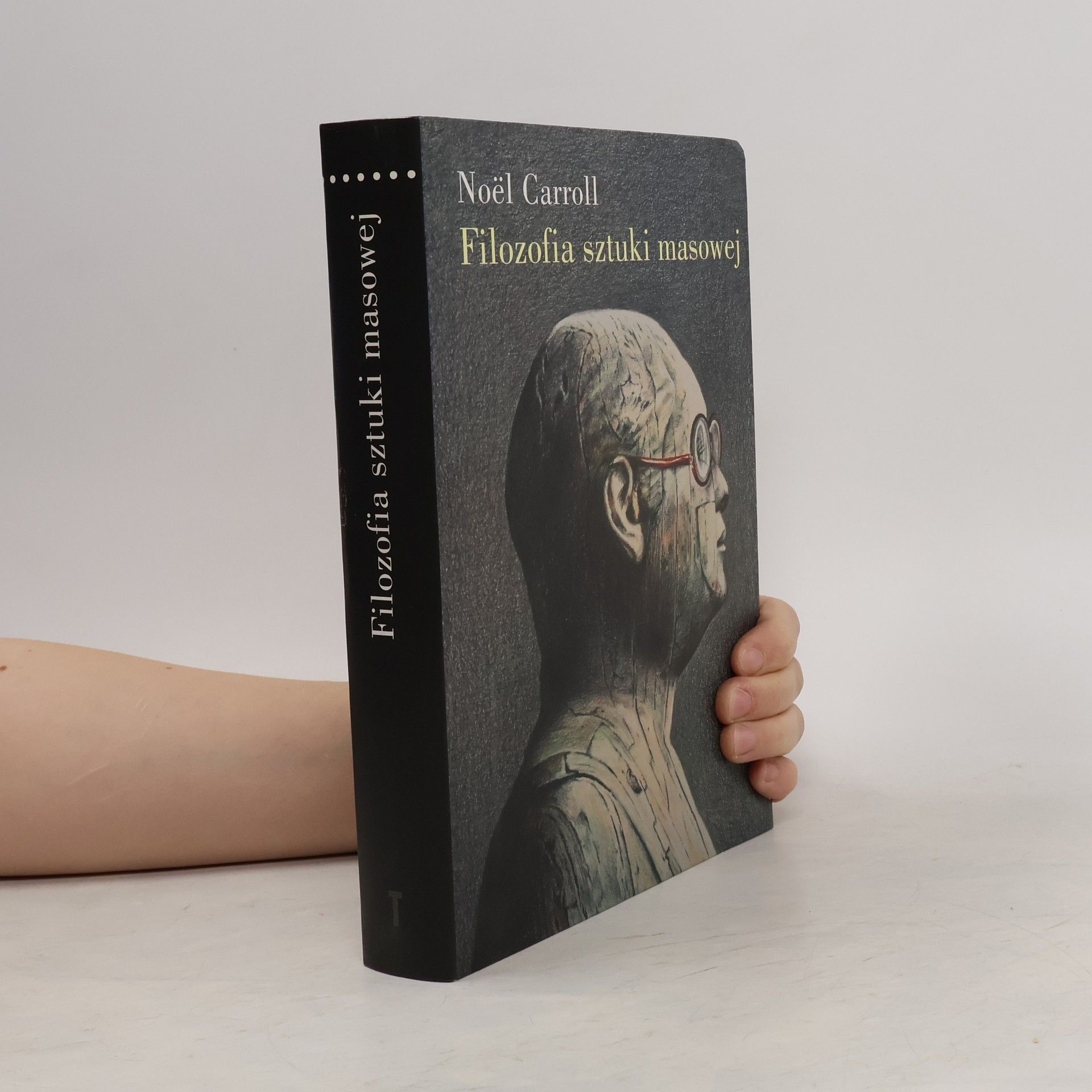Noël Carroll Orden de los libros (cronológico)
Noël Carroll es un filósofo estadounidense reconocido como una figura destacada en la filosofía del arte contemporáneo. Aunque es más conocido por sus contribuciones a la filosofía del cine, su obra también abarca la teoría del arte en general, los estudios de medios y la filosofía de la historia. Un libro particularmente influyente profundiza en la estética de la ficción de terror a través de diversos medios, explorando su atractivo paradójico. Los análisis críticos de Carroll han sido acreditados por haber impulsado los estudios cinematográficos más allá de las tendencias teóricas predominantes hacia una comprensión más matizada del arte cinematográfico.

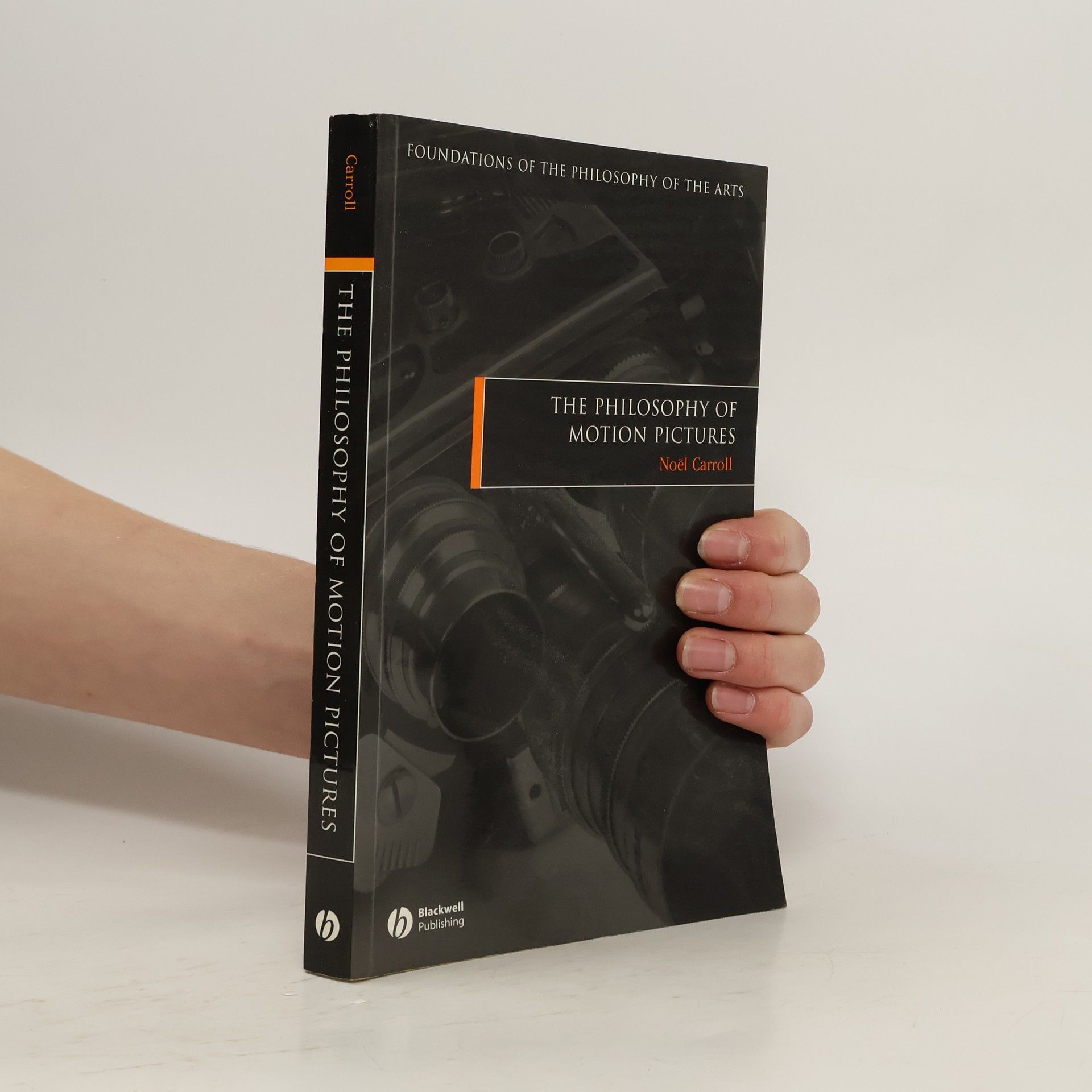
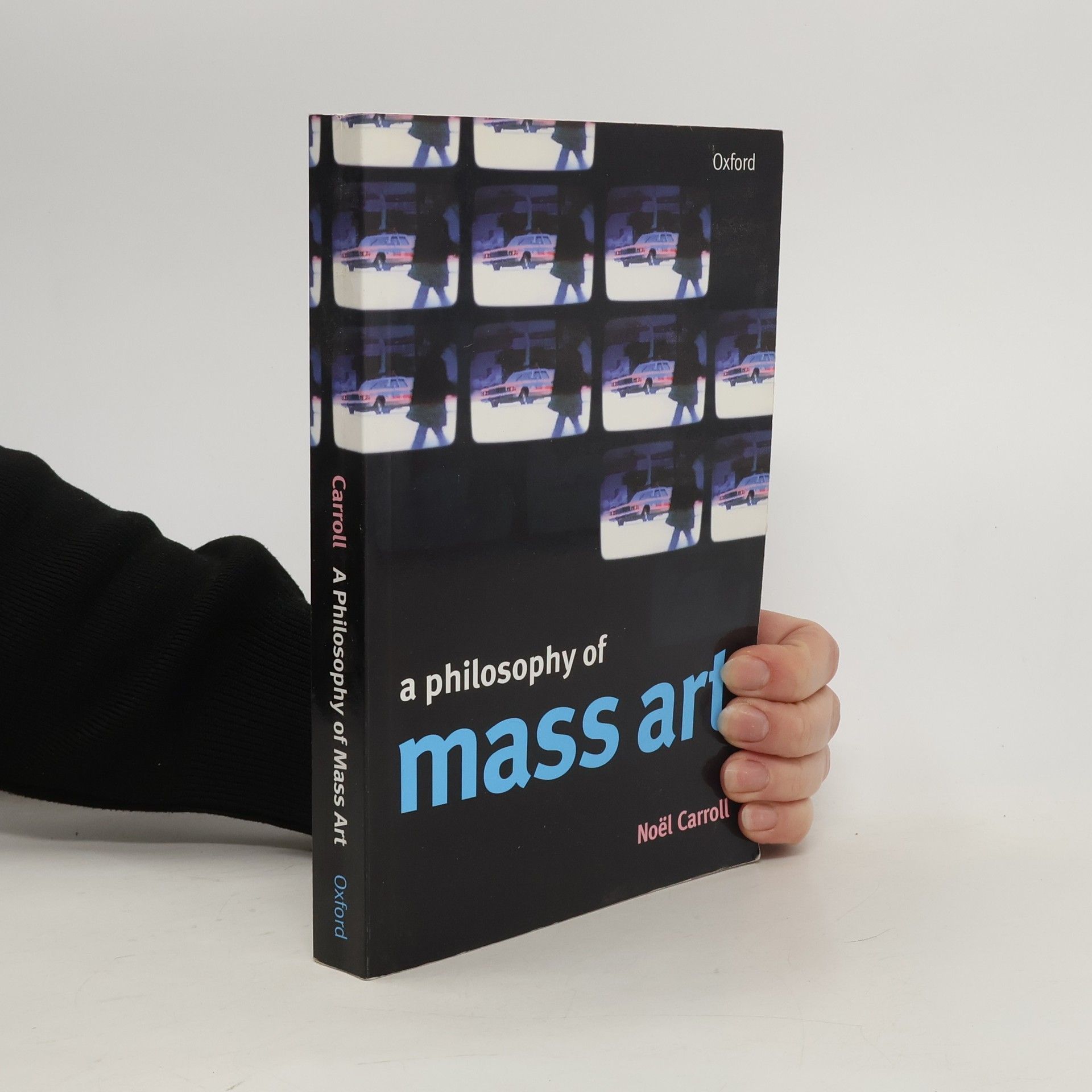
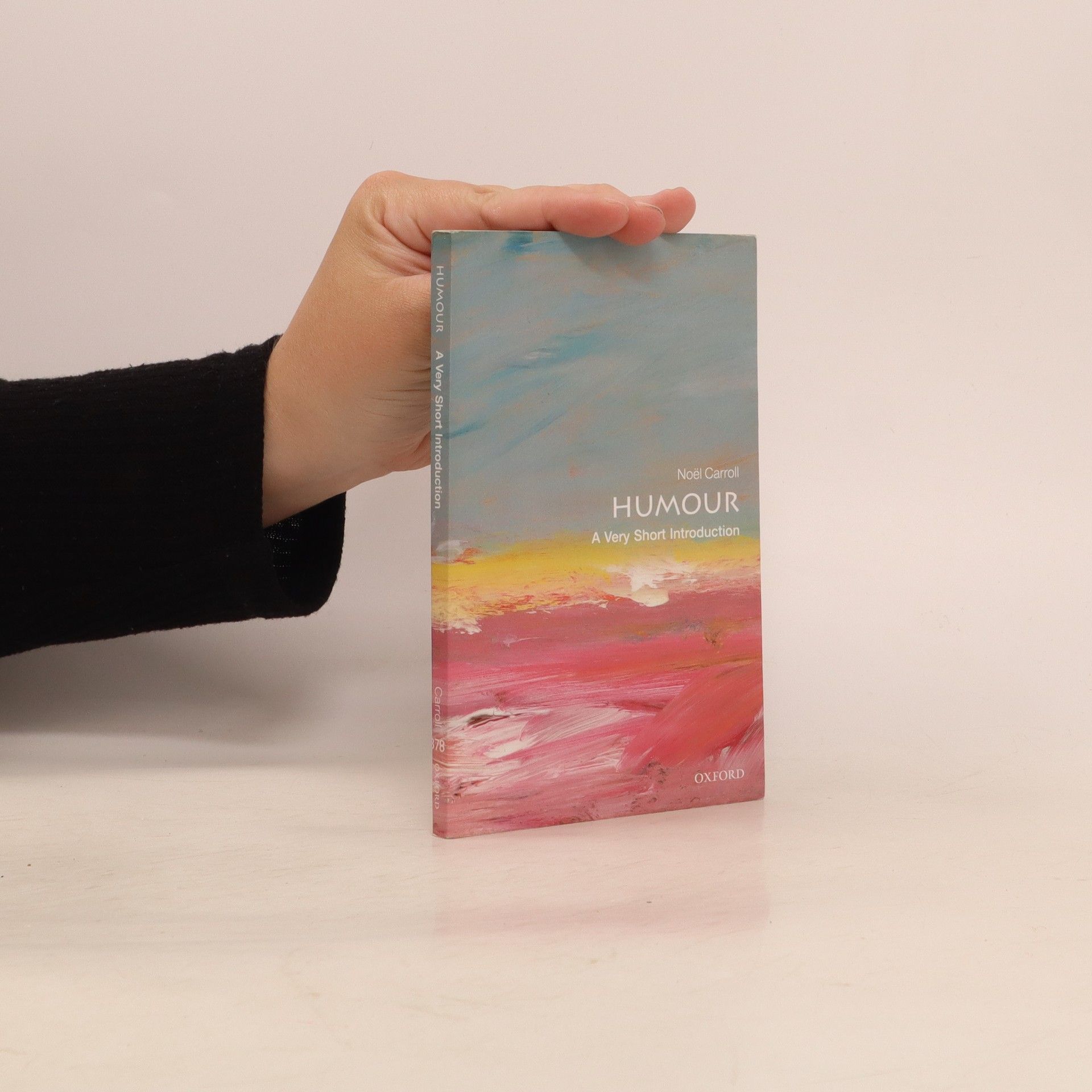

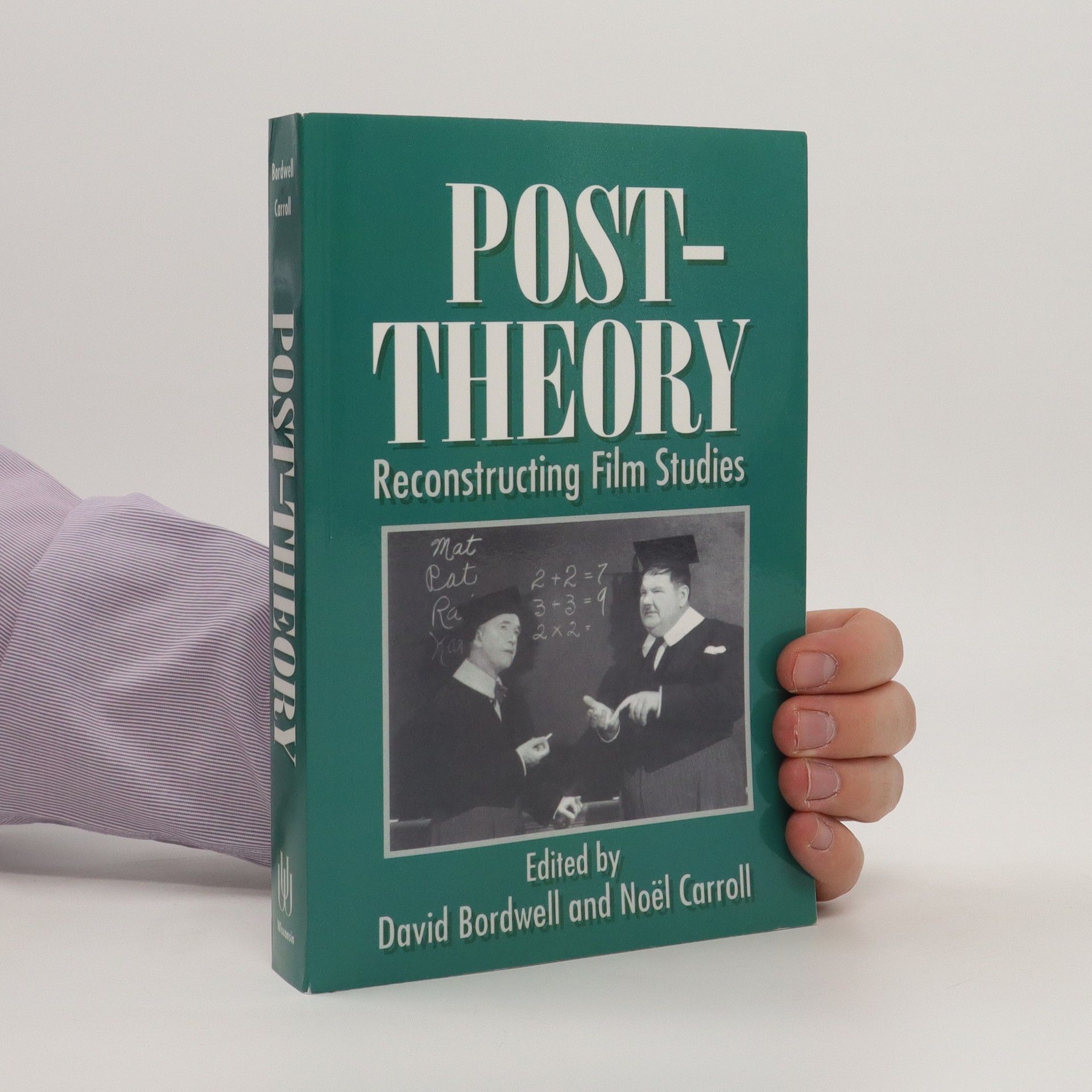
Humour is a universal feature of human life. In this Very Short Introduction Noel Carroll considers the nature and value of humour, from its leading theories and its relation to emotion and cognition, to ethical questions of its morality and its significance in shaping society.
Sztuka masowa zapewnia ogromnej liczbie ludzi pierwszy kontakt z doświadczeniem estetycznym. Można by więc oczekiwać, że stanie się ważnym przedmiotem rozważań filozofów sztuki, zarówno współcześnie, jak i przez cały wiek XX. Tak się jednak nie stało. Filozofowie sztuki zazwyczaj albo ją ignorują, albo też, jeśli już zwracają na nią uwagę, to po to, aby ją zdyskredytować, wyjaśnić, dlaczego nie jest prawdziwą sztuką lub dlaczego jest sztuką złą. Żyjemy w epoce sztuki masowej i większość z nas, jak sądzę, zgodziłaby się, że bywa ona dobra lub zła, a mimo to brakuje nam teorii, które mogłyby ją scharakteryzować. Ta sytuacja wymaga zmiany. Książka niniejsza ma być krokiem w tym kierunku. Jej celem jest również rozwinięcie, a może raczej zapoczątkowanie refleksji filozoficznej nad sztuką masową, prowadzonej z perspektywy estetyki analitycznej.
Philosophy of Art
- 273 páginas
- 10 horas de lectura
Philosophy of Art is a textbook for undergraduate students interested in the topic of philosophical aesthetics, introducing the techniques of analytic philosophy in addition to a selection of the major topics in this area.
Post-theory : reconstructing film studies
- 582 páginas
- 21 horas de lectura
Since the 1970s, the academic study of film has been dominated by Structuralist Marxism, varieties of cultural theory, and the psychoanalytic ideas of Freud and Lacan. With Post-Theory, David Bordwell and Noel Carroll have opened the floor to other voices challenging the prevailing practices of film scholarship. Addressing topics as diverse as film scores, national film industries, and audience response. Post-Theory offers fresh directions for understanding film. Bordwell and Carroll pose a simple question. Why not employ many theories tailored to specific goals, rather than searching for a unified theory that will explain all sorts of films, their production, and their reception? The scholars writing here use historical, philosophical, psychological, and feminist methods to tackle such basic issues as: What goes on when viewers perceive a film? How do filmmakers exploit conventions? How do movies create illusions? How does a film arouse emotion? Bordwell and Carroll have given space not only to distinguished film scholars but to non-film specialists as well, ensuring a wide variety of opinions and ideas on virtually every topic on the current agenda of film studies. Full of stimulating essays published here for the first time, Post-Theory promises to redefine the study of cinema.
